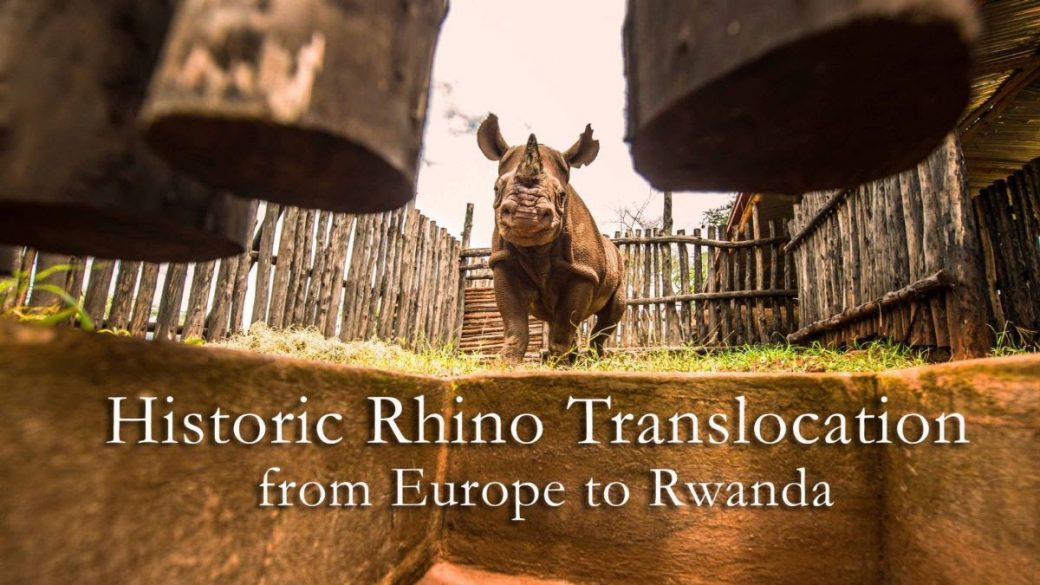Historic Rhino Translocation
On Sunday, June 23rd , five endangered Eastern black rhinoceroses will be making a historic journey spanning 6,000 km from Safari Park Dvůr Králové in the Czech Republic to Akagera National Park in Rwanda as part of a broader rewilding project in the park.
This is a unique collaboration among the European Association of Zoos and Aquaria (EAZA), the Government of Rwanda and African Parks, whereby five rhinos which were born and raised in zoo environments are being released over time into Akagera to help supplement that existing wild population. These genetically robust individuals have been successfully bred and cared for over the years by the EAZA Ex Situ Programme (EEP), which chose Akagera National Park as an ideal release site based on our track record there.
Since 2010, African Parks has been managing Akagera in partnership with the Rwanda Development Board (RDB) and together we have been able to transform this landscape. Poaching has largely been eliminated allowing wildlife populations to surge and for us to carry out successful species reintroductions for the country. In 2017, with support from the Howard G. Buffett Foundation, we were able to reintroduce 18 Eastern black rhinos back to Akagera after the last one was seen in 2007. Akagera has also experienced an economic revitalisation and today the park welcomes more than 44,000 tourists a year, 50% of whom are Rwandan nationals, who are contributing more than $2M in tourism revenue which goes back to the park and communities. Akagera’s transformation is a testament to the support and vision of the Rwandan Government as well as to our major funders including the Howard G. Buffett Foundation, the Walton Family Foundation and the Wyss Foundation.
Fewer than 5,000 wild black rhinos and only 1,000 Eastern black rhinos remain across Africa, and their future is severely threatened by poaching for the illegal trade of their horns. This translocation project represents an urgent and valuable opportunity to expand the range and protection of the black rhino and demonstrate how captive rhinos can help supplement and repopulate wild populationswithin secure landscapes.
To read the full press release please click here, and please visit us www.rhinomove.org to follow their journey.
